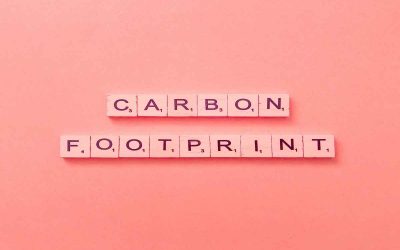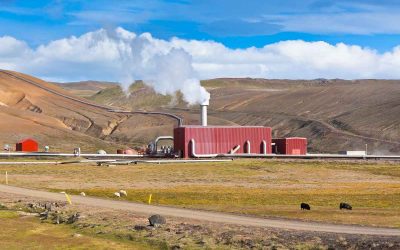What Is Energy Economics? Energy economics is the study of how energy resources are produced, distributed, and consumed, as well as the economic factors that drive these processes. It involves analyzing the markets, policies, and regulations that govern the energy...

Learn about
Welcome to the “Learn About” series on the STEM Academy Blog, where knowledge meets curiosity. In this category, we delve deep into diverse STEM subjects, providing comprehensive insights and practical understanding. Explore articles that demystify complex concepts, unravel the wonders of science and technology, and empower you to embrace the exciting realms of learning. Join us in this educational journey, where each post is a step towards unlocking the fascinating secrets of the STEM universe.
Learn about
Carbon Footprint Reduction
What Is Carbon Footprint Reduction? Carbon footprint reduction refers to the practices and strategies aimed at lowering the total amount of greenhouse gases (GHGs) emitted into the atmosphere by human activities. A carbon footprint is the measure of these emissions,...
Energy Auditing
What Is Energy Auditing? Energy auditing is the process of assessing a building's energy consumption to identify opportunities for reducing energy use and improving energy efficiency. Energy audits involve a comprehensive examination of a building's energy systems,...
Green Construction Practices
What Are Green Construction Practices? Green construction practices encompass a range of environmentally responsible methods used in building design, construction, and operation. These practices aim to reduce the environmental impact of construction projects, conserve...
Sustainable Building Design
What Is Sustainable Building Design? Sustainable building design refers to the practice of creating structures that are environmentally responsible and resource-efficient throughout their lifecycle. This approach to building design aims to minimize environmental...
Energy Policy and Regulation
What Is Energy Policy and Regulation? Energy policy and regulation refer to the laws, rules, and guidelines that govern the production, distribution, and consumption of energy. These policies are designed to ensure a stable energy supply, promote energy efficiency,...
Smart Grid Systems
What Are Smart Grid Systems? Smart grid systems are advanced electricity networks that use digital technology to monitor, control, and automate the distribution of electricity. These systems integrate various components, such as smart meters, sensors, communication...
Energy Storage Technologies
What Are Energy Storage Technologies? Energy storage technologies are systems and devices that store energy for later use, enabling a stable and reliable energy supply. These technologies are crucial for integrating renewable energy sources like solar and wind into...
Geothermal Energy
What Is Geothermal Energy? Geothermal energy is the heat derived from the Earth's internal processes, used to generate electricity and provide heating for various applications. This renewable energy source is produced from the natural heat stored in the Earth's crust,...
Choose your master degree
You still don't know which university major to choose?
Take our free vocational test










